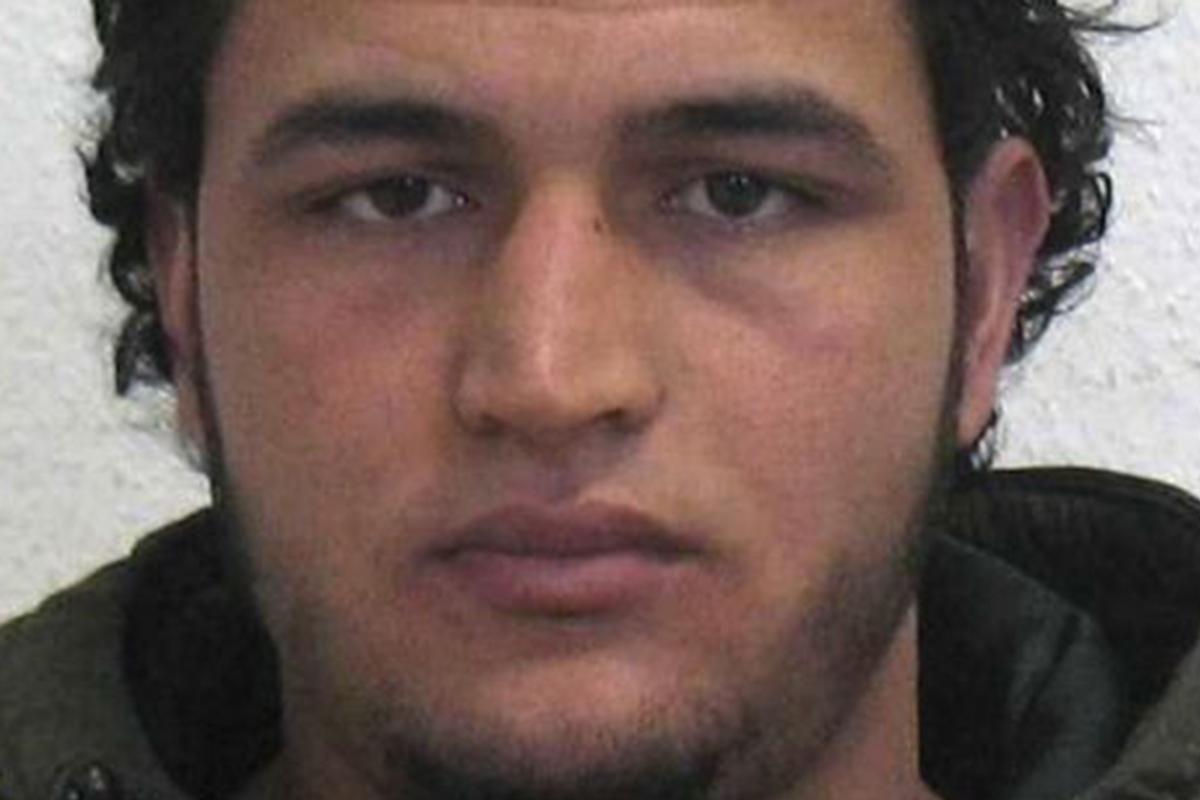Autopsy on Berlin attacker Anis Amri shows frequent drug use including cocaine and hashish
Post-mortem results indicate Amri used cocaine and hashish, but cannot confirm whether he used the drugs before carrying out attack

Results of a post-mortem examination on the Berlin Christmas market attacker Anis Amri indicate he was a frequent drug user, an Italian official has said.
Amri, who ploughed the lorry into a busy Christmas market on 19 December and was subsequently shot by police, was a frequent user of both cocaine and hashish.
The official said it was not possible, however, to determine whether Amri had used the drugs before the massacre that killed 12 people and injured dozens more.
Amri had fled the scene following the attack, but was later identified after his wallet, identification, phone and fingerprints were found at the crime scene.
The 24-year-old failed Tunisian asylum seeker was killed four days later during a routine stop by police in a Milan suburb.
Investigations confirmed a video of Amri pledging allegiance to Isis that was released by the group following his death to be authentic.
Amri was found to be drug dealing when he was placed under surveillance as a potential terror risk several months prior to the attack, during which officers failed to uncover evidence of extremism.
The Tunisian man had a lengthy criminal history, including armed robbery in his home country and arson in Italy, where he was jailed for four years after arriving in Europe by boat in 2011.
Amri’s brothers believe he was radicalised during his imprisonment, travelling onwards to Germany where he became part of an Islamist network including two hate preachers who have since been jailed for supporting Isis.
Join our commenting forum
Join thought-provoking conversations, follow other Independent readers and see their replies
Comments